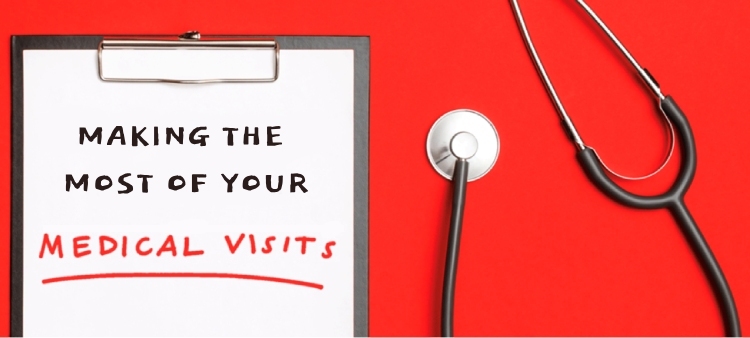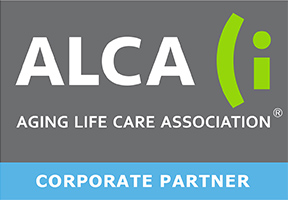Andrew Rosner, MD of LSR Wellness in Haverford Pennsylvania has been a primary care physician for almost a decade. He truly values the importance of primary and preventative care following the mantra, “An Ounce of Prevention is Worth a Pound of Cure.” He is honored to be part of his patients’ lives and partner with them in their healthcare journeys.
Dr. Rosner’s concierge practice allows him to have a lot of time with each patient (90+ minutes for each physical exam and wellness visit!) and allows close follow-up with subsequent visits, phone calls, and texts.
Prior to Dr. Rosner’s concierge practice, like many primary care physicians, he would see over 24 patients each day and have limited time with each patient. In a non-concierge practice, the average length of a doctor’s visit is only 15.3 minutes. There is so much to cover in a short period of time. Patients often forget important issues, questions, or concerns during these short visits with their physicians. Being prepared for medical visits is crucial to patients getting the most out of their often-limited time with their doctors. Dr. Rosner recently lectured on how to make the most of doctors’ visits at the Haverford Community Recreation & Environmental Center and is honored to share a few tips here:
Prepare! Prepare! Prepare!
Plan ahead! Come with a List! Ask Questions! Bring a Friend or a Family Member!
Know that during a routine physical, your physician will discuss the general state of your health. Be prepared to discuss medical concerns and conditions. Be ready to discuss specific details such as LOCATION of the issue, QUALITY or SEVERITY of the issue, how LONG the problem has been occurring, does a specific SETTING elicit or lessen the condition. Be ready to let your doctor know if there are any ASSOCIATED conditions or factors and be ready to discuss TREATMENTS tried.
Your doctor should go through a detailed review of systems with you. This will literally be discussing major organ systems and body parts from head to toe. Think about your body and senses ahead of time and come with a list of concerns or issues. Don’t forget to think about less noticeable issues such as sleep, energy, balance, recent falls, and mood.
Be prepared to discuss your personal medical history, past surgical history, previous hospitalizations, as well as family history. Call close relatives ahead of time to obtain the most thorough family history to help your doctor identify possible disease trends in your family.
Be ready to discuss your social history including tobacco use, alcohol consumption, drug use, exercise, diet, living conditions, and sexual history.
Bring your medication list (including dosages of pills and supplements). This is so important to help your doctor avoid medication interactions. Have a written list of allergies (food, medication, latex, or even IV contrast allergies) ready to share with your doctor.
Come with a list of your previous vaccines and recent preventative testing. Bring a written list (including date and location) of your most recent mammogram, colonoscopy, DEXA scan, as well as any other imaging studies (echocardiogram, CT scans, MRIs). Bring a list of other doctors you currently see (such as a cardiologist, pulmonologist, ophthalmologist, etc).
Visits for those with a lot of medical conditions can be overwhelming. Consider bringing a family member or a close friend to be a second set of eyes and ears and to ask questions you may not think of.
Good primary care leads to reduced morbidity, reduced mortality, and a better quality of life. A bit of planning before your next doctor’s visit can really help you make the most of your time with your doctor and help your doctor provide the best care possible for you.






